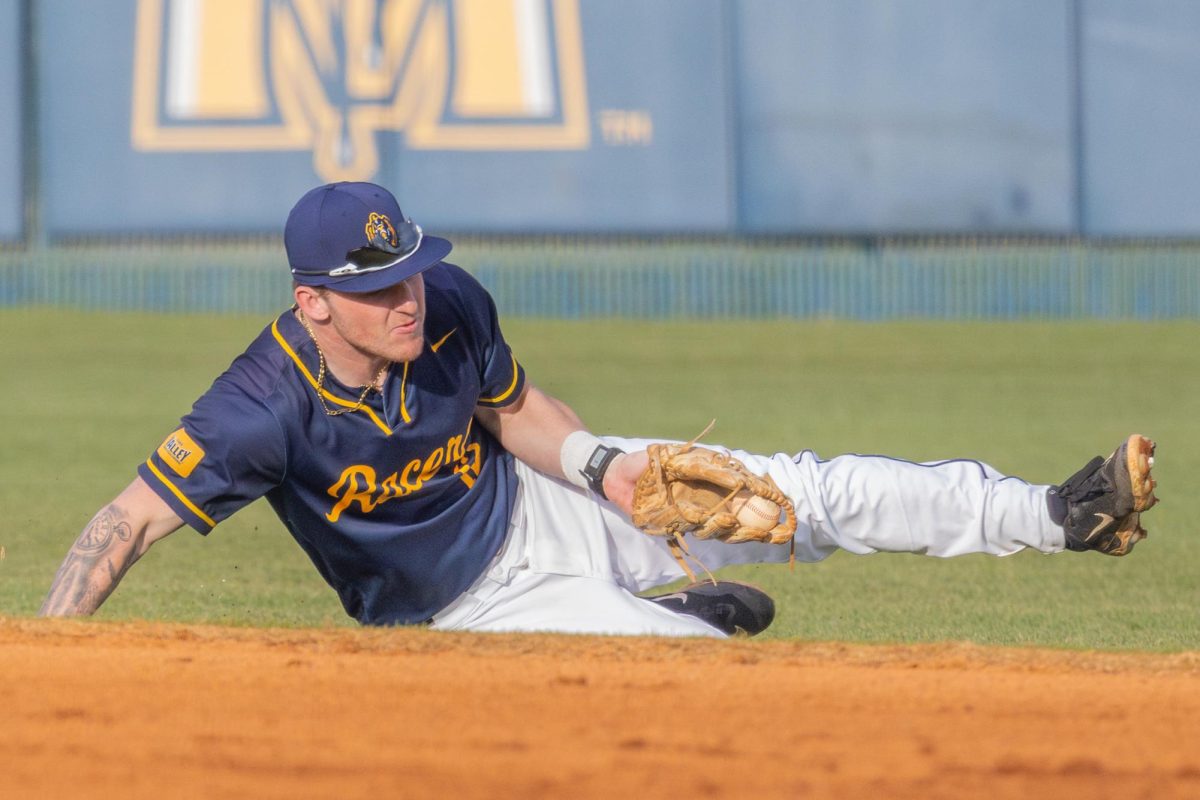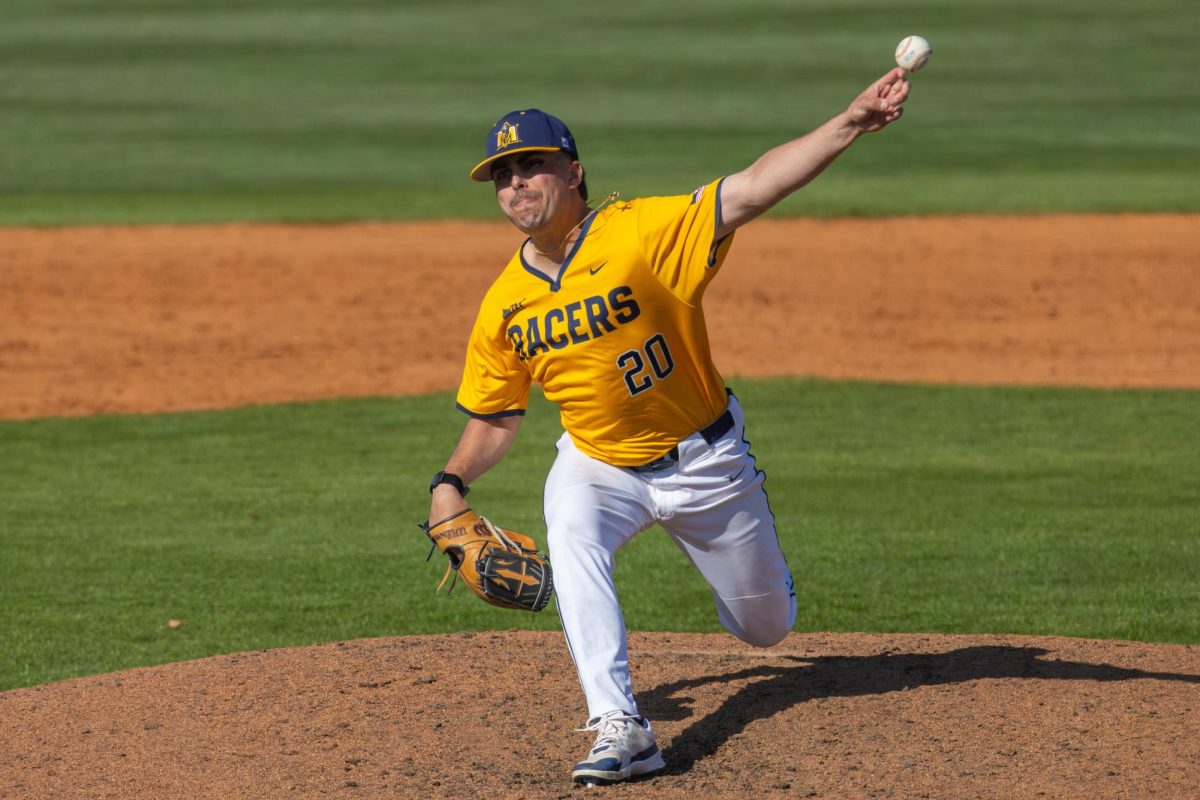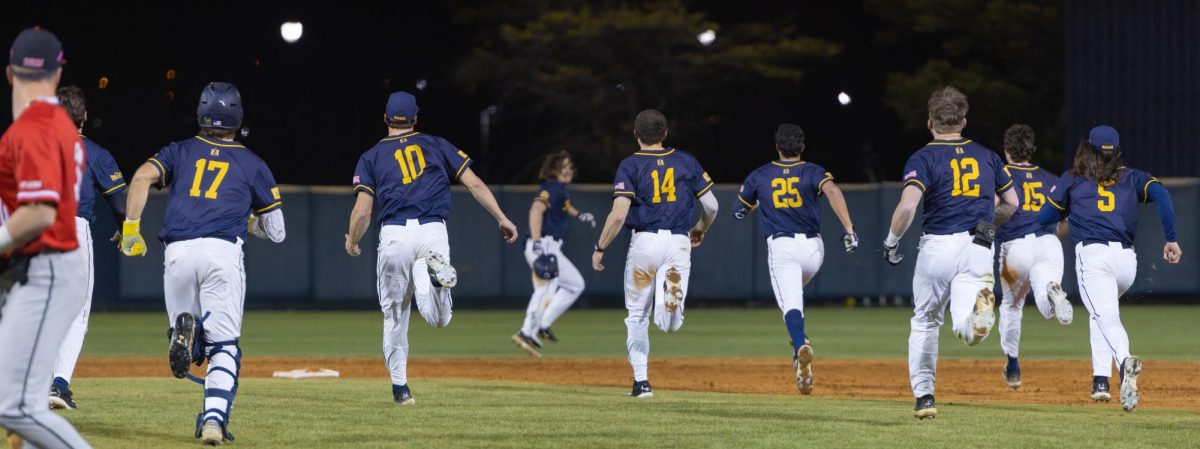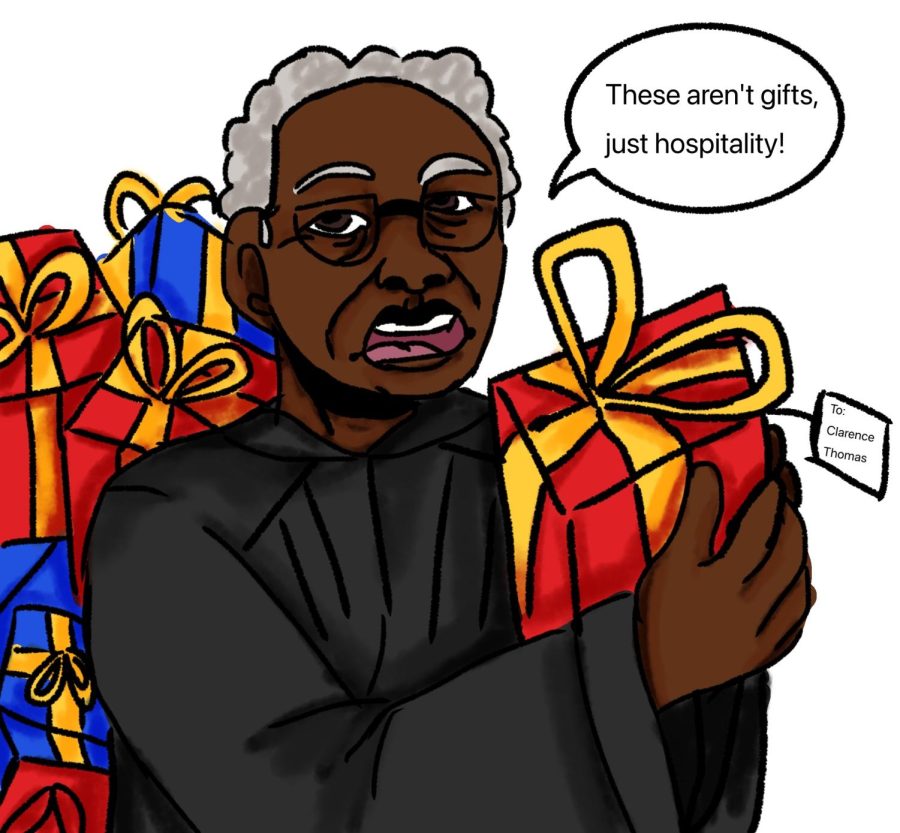The staff editorial is the majority opinion of The Murray State News Editorial Board.
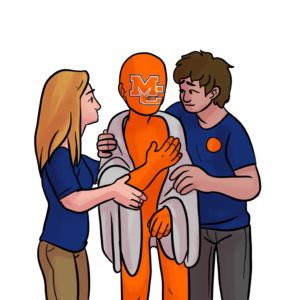
The Marshall County High School shooting brought back feelings of fear, uncertainty and doubt not felt in the region since a similar incident at Heath High School in 1997. Families are coming to terms with their new reality. Some students are questioning what it means to be safe amongst their peers. Community members are struggling to accept what has led to unnecessary tragedy.
But amidst the immense pain reverberating throughout the community, thoughts, prayers and support from across the state have flooded in to brace those affected in their greatest hour of need.
The “Marshall Strong” hashtag has been the rallying cry for individuals and organizations looking to support the students and their families. Buttons bearing the hashtag in bright blue and orange, the Marshall Co. school’s colors, have been donned by locals and Kentuckians across the state.
Kentucky Education Commissioner Stephen Pruitt promoted the hashtag and asked Kentuckians to wear the school’s colors in a show of support. In a statement following the shooting, Pruitt said “the healing and recovery process will be long, and… it is important that the residents of Marshall County know they are still on our minds and in our heart.”
And Pruitt makes a good point. These scars won’t heal quickly. Years will pass and the western Kentucky community will not have forgotten the pain and panic of that January day.
However, now is not only the time to grieve and send prayers but to ask the question most will avoid in the coming months: what do we do now?
Gun violence has been addressed countless ways in the past few decades with no real solution having been introduced in that time.
The topic often draws the ire of those who don’t want to “politicize the issue.” As we’ve seen with similar incidents across the United States, not having the discussion is harming more than helping. And with school shootings on the rise, something, or really anything at this point, must be done.
In an address posted to Facebook, Gov. Matt Bevin called upon the entertainment industry to be part of the movement to “figure out how to try to repair this fabric of America that’s getting shredded beyond recognition.” Bevin’s take on our current crisis is that we have become desensitized to violence, and are in fact encouraged to take part in it, due to what is portrayed in the media.
Violent video games in particular have been the subject of such criticisms in the recent past, though any correlation between these games and violent behavior has been largely dismissed. “Gaming [is] unrelated to most mental health issues including attention problems or reduced social functioning, or total mental health difficulties,” according to reports from HuffPost on studies conducted in the Netherlands.
But if media isn’t the root of the issue, what is?
It would be foolish to try and narrow the cause of gun violence to one factor. However, we believe that underfunded and overstressed primary schools are a potential factor which must be addressed.
Students spend up to nine hours a day in school until they are 18 years old. When money is stripped from our schools, teachers have less resources and are pulled in too many directions at once. Without proper supervision, supplies or opportunities beyond the classroom, students begin to feel the pressure, too. This scenario is not simulated; it is the reality of our schools at this exact moment.
The one hindrance to violence which can be noted throughout history is education. When one has access to appropriate resources and is able to think critically about the world around them, they are more likely to fulfill a positive role in society. By letting lawmakers devalue education, we are allowing violence to grow.
Gun violence won’t disappear overnight no matter how you try to solve it. This issue will require a multi-faceted approach enacted over several years to reverse just some of the damage done.
But if we help our educators, we help ourselves. If we truly wish to be “Marshall Strong,” we must support the community, its educators and those working tirelessly to make a difference.














